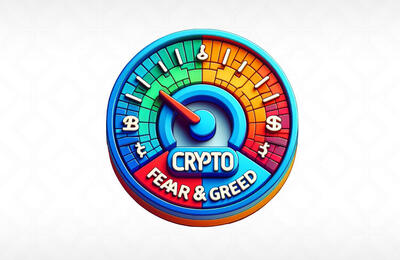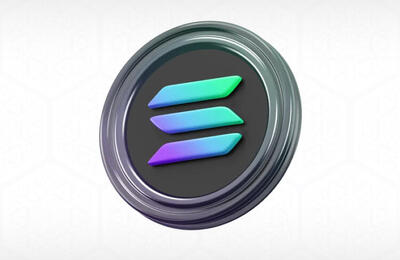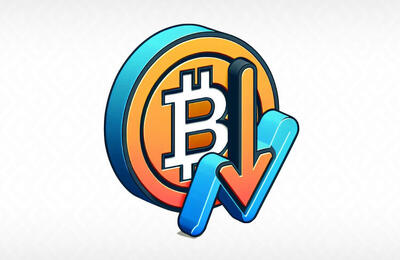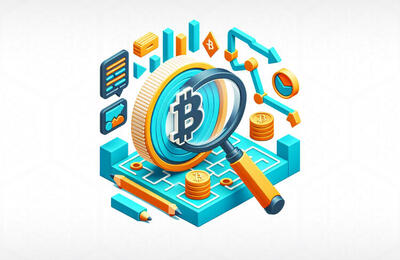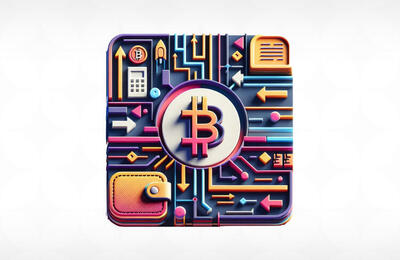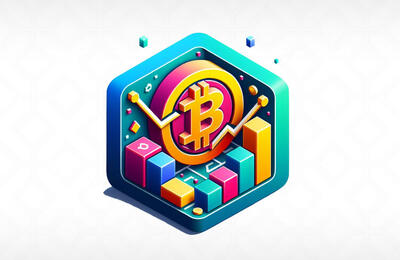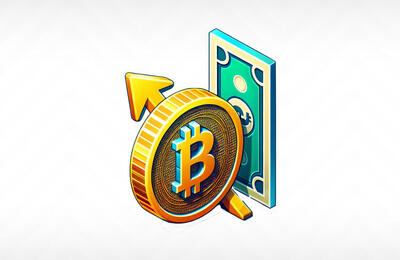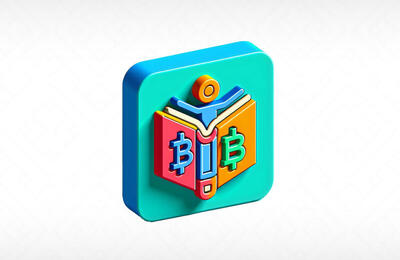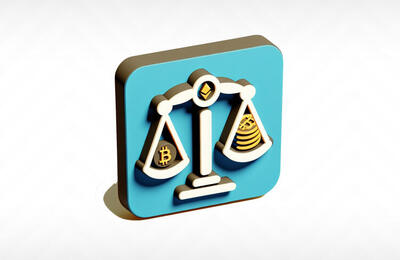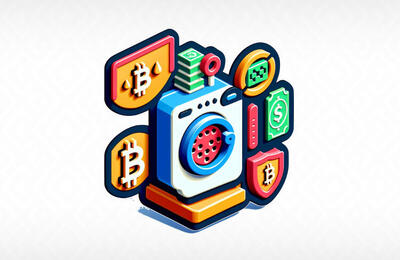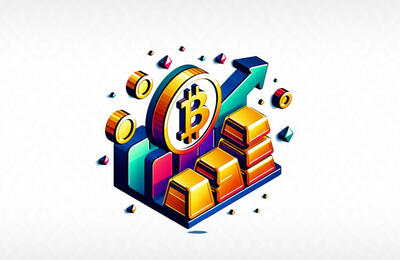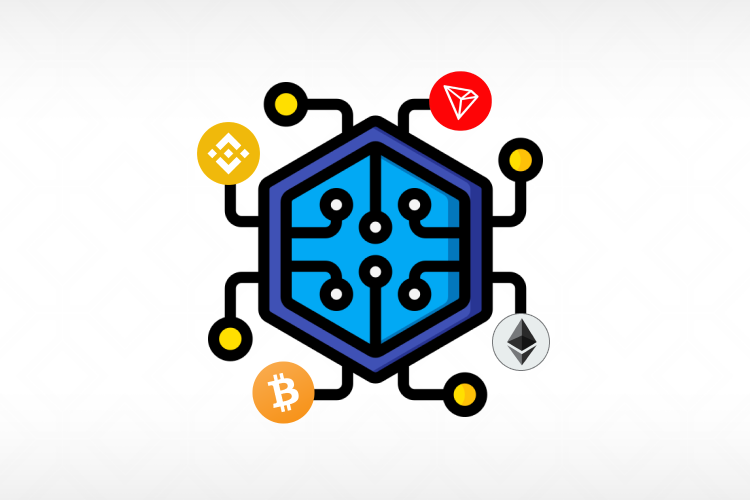
Cryptocurrencies have revolutionized the financial world, offering decentralized and borderless alternatives to traditional money. A central component of the cryptocurrency ecosystem is tokens, digital representations of value. These tokens adhere to specific standards that dictate their behavior and functionality within blockchain networks.
In this article, we will delve into token standards in crypto, exploring their importance, types, and the most prominent examples.
What Are Token Standards?
Token standards are a set of rules and conventions that determine how a token should behave within a blockchain network. They ensure the tokens’ compatibility, interoperability, and consistency with various wallets, exchanges, and decentralized applications (DApps).
Token standards are the foundation for building decentralized applications, enabling developers to create, exchange, and interact with tokens in a predictable and standardized manner. By adhering to a particular token standard, developers ensure that their tokens can easily interact with the broader network, providing users with a seamless experience.
The Importance of Token Standards
Token standards play a crucial role in the crypto space for several reasons:
- Interoperability: Token standards ensure that tokens conform to a common set of rules, allowing them to work together on various blockchain platforms. This is vital for cross-chain operations and the development of a truly interconnected crypto ecosystem.
- Consistency: Token standards provide a uniform way to create, manage, and transfer tokens, reducing the risk of errors and misunderstandings. Users and developers can rely on consistent token behavior, making it easier to build and use decentralized applications.
- Security: Token standards include security features and best practices to protect tokens and the users who hold them. This helps mitigate vulnerabilities and ensures the safe operation of smart contracts and dApps.
- Simplify Development: Developers can create tokens that are compliant with widely accepted standards, which significantly reduces the complexity of development and ensures that the tokens will function as intended.
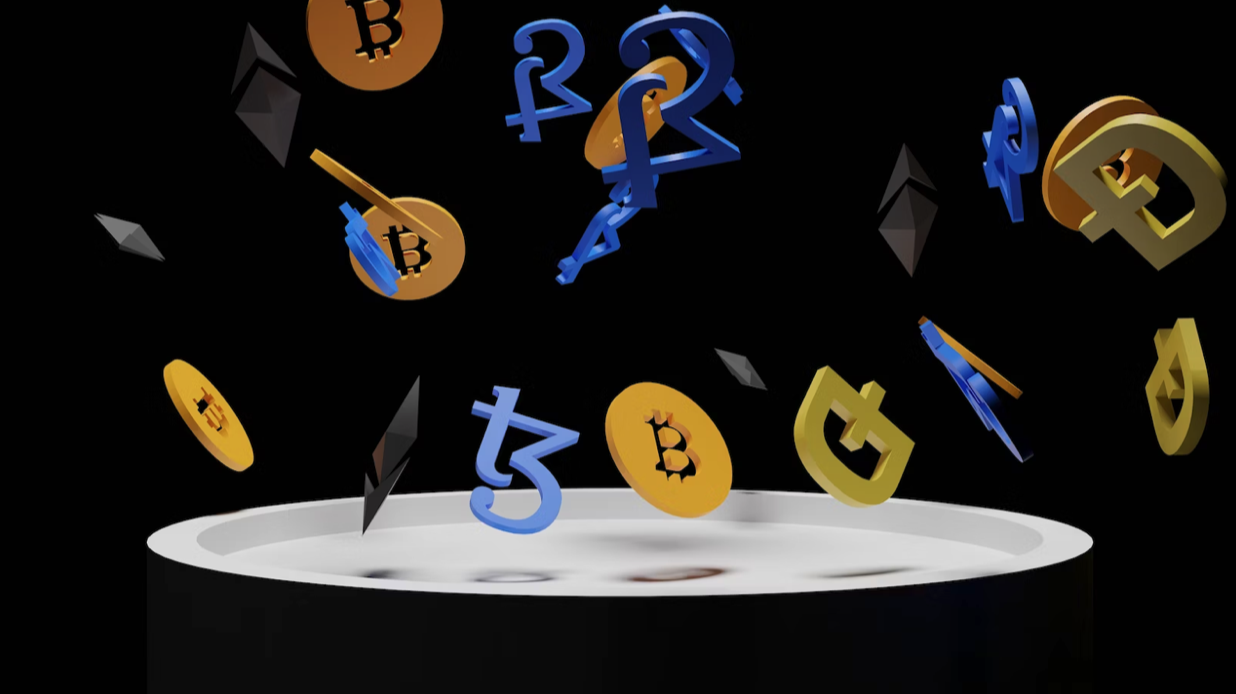
5 Common Token Standards
Several token standards have emerged in the crypto space, each serving a specific purpose and use case. Let's explore some of the most prominent ones:
1. ERC-20 (Ethereum Request for Comment 20)
ERC-20 is perhaps the most well-known and widely used token standard. It was introduced on the Ethereum blockchain and has become the de facto standard for creating fungible tokens. Fungible tokens are interchangeable and can be divided into smaller units, making them ideal for representing currencies or assets like cryptocurrencies and tokens in ICOs.
The key features of ERC-20 tokens include transferability, divisibility, and compatibility with various wallets and exchanges. This standard has paved the way for countless projects and initial coin offerings (ICOs) to raise capital and develop decentralized applications on the Ethereum platform.
2. ERC-721 (Ethereum Request for Comment 721)
In contrast to ERC-20, ERC-721 introduces the concept of non-fungible tokens (NFTs). NFTs are unique and indivisible tokens that represent ownership of a particular item, collectible, or piece of digital art. They have gained immense popularity in the world of art, crypto gaming, and digital collectibles.
Each ERC-721 token is distinct, making it impossible to exchange one for another on a one-to-one basis. This uniqueness is what makes NFTs valuable for collectors and creators alike. The ERC-721 standard has given rise to platforms like CryptoKitties and NBA Top Shot, where users can buy, sell, and trade digital assets with provable scarcity.
3. BEP-20 (Binance Smart Chain Token Standard)
As blockchain technology continues to evolve, new platforms have emerged to challenge Ethereum's dominance. Binance Smart Chain (BSC) is one such platform, and it has its own token standard called BEP-20. BEP-20 tokens are similar to ERC-20 tokens in terms of fungibility and divisibility but are designed to work within the Binance Smart Chain ecosystem.
BEP-20 tokens are compatible with existing Ethereum tools and can be seamlessly integrated into Ethereum-based applications. This interoperability makes it easier for developers to create cross-chain solutions and leverage the benefits of both BSC and Ethereum.
4. BRC-20 (Bitcoin Ordinals Token Standard)
BRC-20 is an experimental token standard created to explore the possibility of fungible tokens on the Bitcoin blockchain. Unlike other popular standards, BRC-20 doesn’t use smart contracts but instead uses ordinal inscriptions.
The BRC-20 token standard stores script files on the Bitcoin blockchain, which allows users to associate tokens with specific satoshis. As such, Bitcoin users can create and transfer fungible tokens via the ordinals protocol. This leads to the emergence of BRC-20 tokens,m which are similar to Ethereum’s ERC-20 tokens. However, unlike the latter, BRC-20 tokens are immutable because they are directly inscribed to specific satoshis.
5. TRC-20 (TRON Token Standard)
TRC-20 is the token standard for the TRON blockchain. Similar to ERC-20 and BEP-20, TRC-20 tokens are fungible and divisible, making them suitable for various use cases. TRON's high throughput and low transaction fees have attracted developers looking for an alternative to Ethereum.
The TRC-20 standard enables the creation of tokens on the TRON network, facilitating ICOs, decentralized exchanges (DEXs), and other dApps. TRON's growing ecosystem has made TRC-20 tokens an important part of the crypto landscape.
Conclusion
While ERC-20, ERC-721, BEP-20, and TRC-20 are some of the most prominent token standards, new standards may emerge as blockchain technology continues to evolve. Each standard serves a specific purpose, catering to the diverse needs of the crypto community, from fungible currencies to unique digital assets.
Understanding these token standards is essential for anyone involved in the crypto space, whether you're a developer building dApps or an investor looking to diversify your portfolio. As the crypto ecosystem expands and matures, the importance of token standards in ensuring a seamless and secure experience cannot be overstated. Whether you're trading NFTs, participating in ICOs, or simply holding cryptocurrencies, token standards are the foundation upon which the crypto revolution is built.
